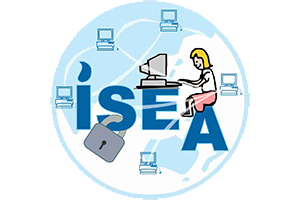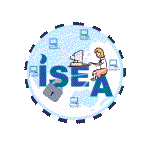Exchange of messages or information between people electronically is called email or electronic mail. Necessary care needs to be taken while sending and receiving messages and information digitally, as it can pose risk to your data and system.
Points to be noted
- Always use e-mail filtering software to avoid spam so that only messages from authorized users are received.
- Do not open attachments received from strangers, since they may contain virus.
- Scan the downloaded attachment with updated antivirus software before saving it on your system.
- Ensure that you do not send messages with attachments that contain executable code like word documents with macros, .EXE files and ZIPPED files.
- Use Rich Text Format instead of the standard .doc format. RTF will keep your formatting, but will not include any macros. This may prevent you from sending virus to others if you are already infected by it.
- Avoid sending personal information through emails.
- Avoid filling forms that come via email or click the links sent through mail asking for your personal information.
- Do not click on the emails that you receive from unidentified or non trustworthy users, as clicking itself may execute some malicious code and spread it into your system.

